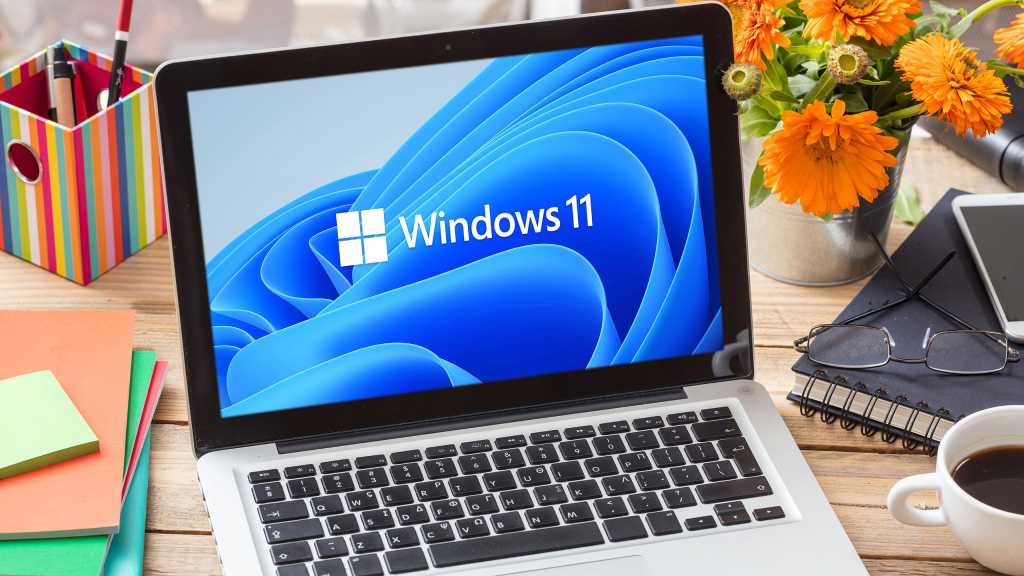Microsoft to release AI feature Recall in October for Windows Insiders

Microsoft announced on Wednesday that it will begin testing its controversial “Recall” AI search and recall feature for Windows Insiders in October. Earlier, it was slated for launch in June.
“As previously shared on June 13, we have adjusted our release approach to leverage the valuable expertise of our Windows Insider community prior to making Recall available for all Copilot+ PCs,” Microsoft said in a blog post. “With a commitment to delivering a trustworthy and secure Recall (preview) experience on Copilot+ PCs for customers, we’re sharing an update that Recall will be available to Windows Insiders starting in October.”
The Recall feature captures screenshots of on-screen activity, allowing users to search for information they saw or searched previously.
However, it immediately raised concerns among security researchers that automatically capturing images without explicit user consent violates user privacy and could make sensitive personal information more accessible to attackers.
In response to these concerns, Microsoft stated in June that the Recall feature would be disabled by default and pledged to implement additional security enhancements.
“We are adjusting the release model for Recall to leverage the expertise of the Windows Insider community to ensure the experience meets our high standards for quality and security,” the software major said in June.
“For features such as Recall, ideally the data should be stored and processed completely ‘on device’ locally and data shouldn’t leave the laptop,” said Neil Shah, VP for research and partner at Counterpoint Research. “This will drive the real on-device, privacy-centric AI promise. If the model has to learn from user’s data and habits, it should also reside locally with the flexibility to encrypt the data and the model on-device.”
Microsoft has not specified a timeline for a broader release of Recall to all Windows PCs that meet the system requirements for Copilot+ PCs.
Copilot+ PCs are a new class of Windows devices from various manufacturers that can run AI workloads. Microsoft unveiled Recall running on these devices at an event in May.
The timing of the Recall feature’s wider release could be critical, particularly with the upcoming holiday season. Consumers may be more inclined to purchase new devices if Recall is made available across all compatible PCs by then.
Why is Recall a concern?
Windows Recall is a new feature that is designed to come with new Copilot+ PCs, which Microsoft announced in May. This AI-powered tool takes screenshots of your screen every five seconds allowing you to search through a log of your past activities for up to three months.
The screenshots are stored and processed on your device, secured with encryption. You have the option to exclude specific apps and websites from being recorded, and you can pause the Recall feature whenever needed.
The concerns arise from two aspects. First, it is “turned on” by default, as per the initial announcement, and can record and store user data without obtaining explicit consent. Second, it does not conceal or hide sensitive data including passwords or financial data, that might appear on your screen.
Device makers are keen to demonstrate that users can run AI models on their local PCs, bypassing the need for cloud-based services from companies like OpenAI. Apple has similarly equipped its latest MacBooks with the ability to run AI models locally.
“However, some generative AI-centric features for CoPilot will require cloud-based processing for tasks like information retrieval, search, or querying,” Shah said. “Ensuring that data remains secure—whether on the device, in transit, or in the cloud—will be a key challenge. This aspect will also be a critical focus and differentiator for companies like Microsoft compared to Apple in the PC space.”
Security has become an increasing priority for Microsoft, especially after a Department of Homeland Security report in April raised concerns about China’s breach of US government officials’ Microsoft-based email accounts.
As Microsoft moves forward with the testing and potential rollout of Recall, the company will need to balance innovation with user privacy and security concerns, especially as it positions itself in the competitive AI and PC markets.

